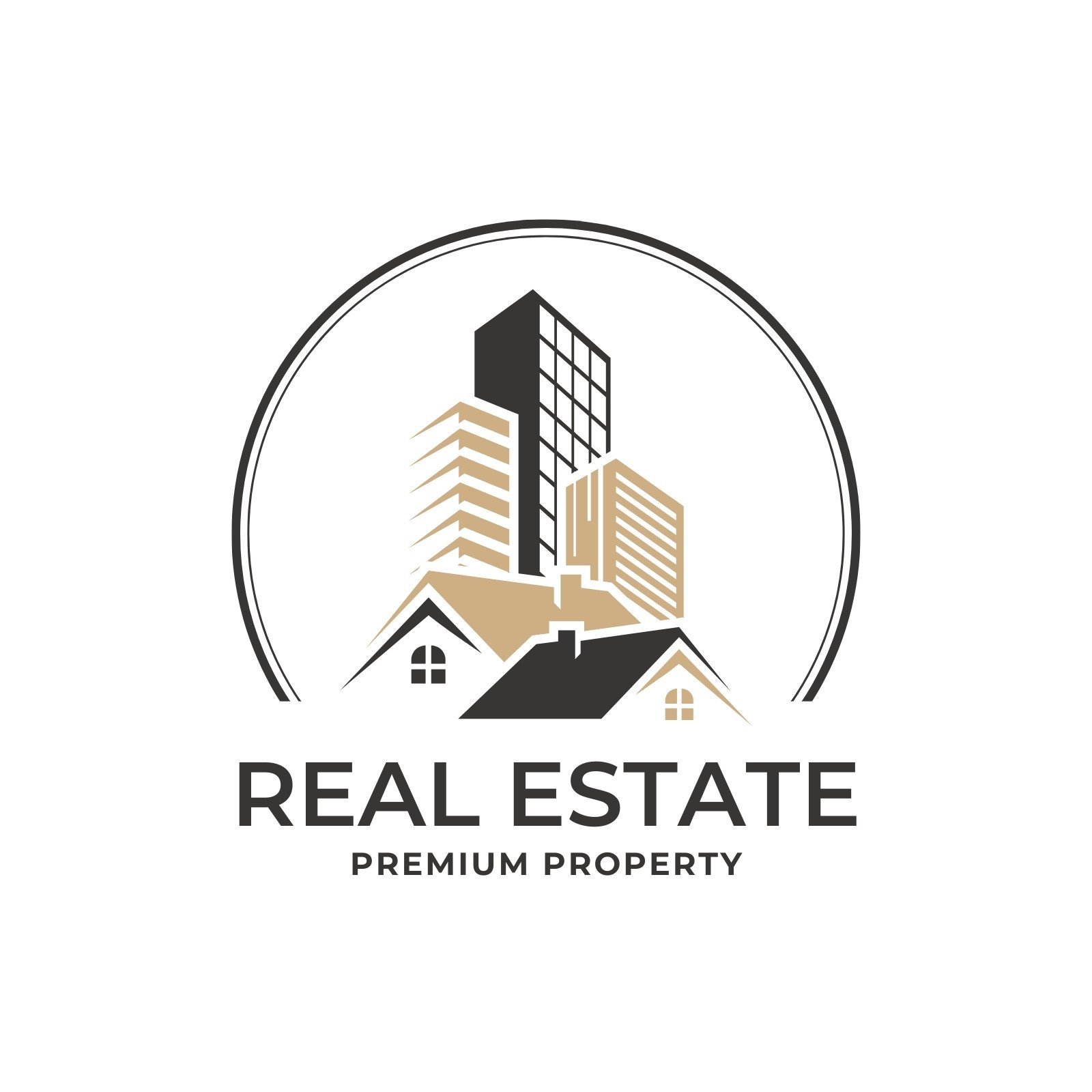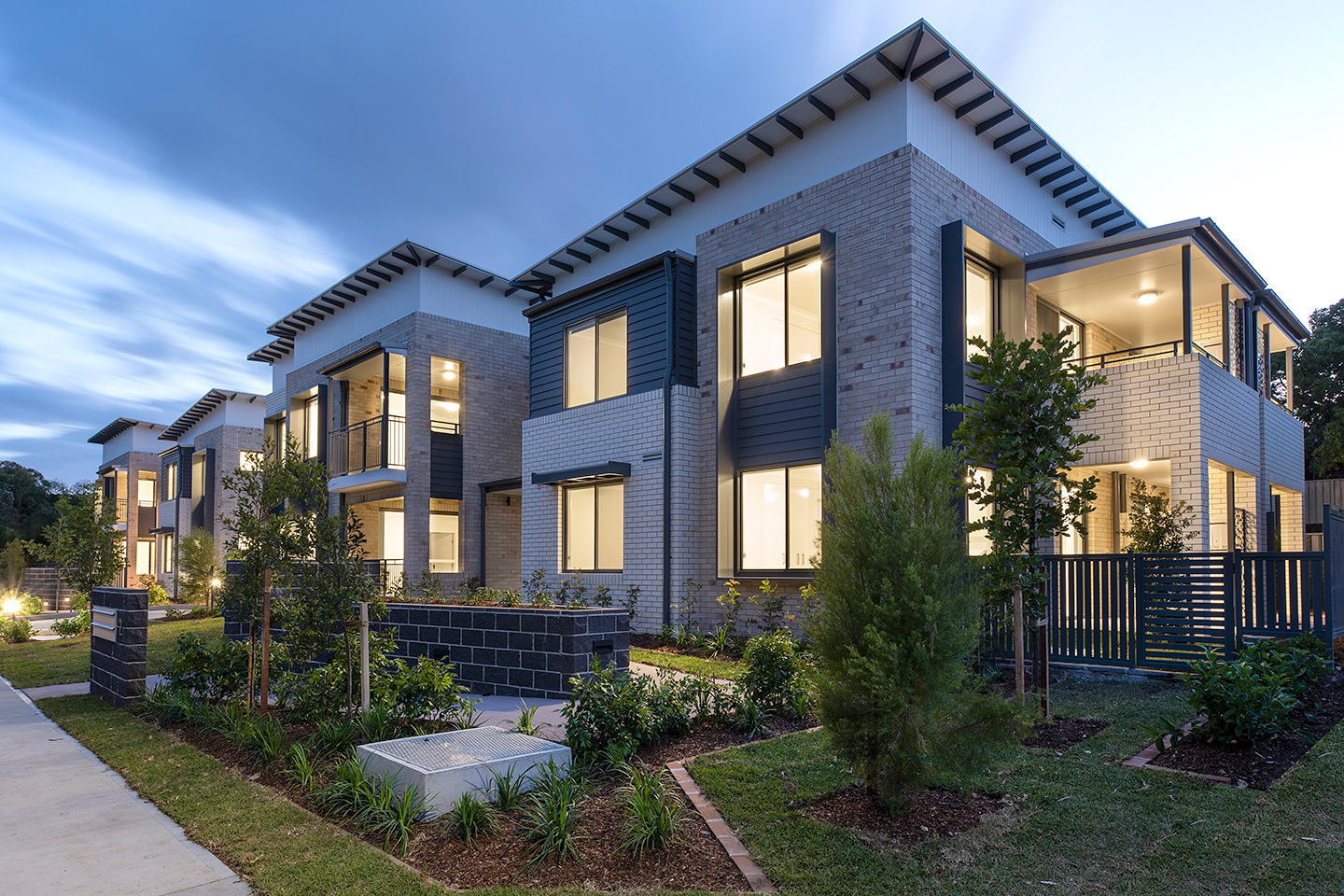Let's pretend you're a real estate financier and somebody asks you what a leasehold estate is. Are you likely to know what it indicates?
It may be easy to pretend while you remain in conversation with someone, but that does not work when your money and time are at risk due to the fact that of an offer.
The success of realty investing depends on your understanding, knowledge, and desire to get more information. With that, you can improve profitability and minimize your risks. You can see red flags more plainly, comprehend how expensive they could be, and choose a much better or more lucrative residential or commercial property.
If you're not sure what a leasehold estate is and are curious about how it could impact your investments, continue reading.
A leasehold estate permits the renter to seize a genuine residential or commercial property for a duration of time. If you're a landlord, you lease residential or commercial property to your tenants and have a leasehold estate.
Leasehold estates typically vary based upon the residential or commercial property owner and structure or area. Some may last a few days or years. With that, renters could have various rights for leasehold estates. Estate leaseholds might fall into 4 classifications, too.
As the landlord, you develop an arrangement that claims the occupant pays rent each month to have a temporary right to use the residential or commercial property as they want. Ultimately, the occupant remains in good standing and must pay rent each time it is due.
If one party does not follow through, belongings can be overturned from the occupant back to the property manager. In many cases, the occupant has an extended timespan to use it, such as 6 months or one year. The rented residential or commercial property is a legal estate, and the leasehold estate might be bought/sold on the free market.
Therefore, a leasehold estate describes numerous things.
Types of Leasehold Estates
There are numerous types of leasehold estates out there, and it is vital to comprehend the specific characteristics of every one. For instance, you have an occupancy for [specified] years, tenancy at will, estate at sufferance, and a regular occupancy choice.
Estate for Years
The estate for several years is a written agreement where the information are clearly spelled out. This consists of the period of time the individual resides in the residential or commercial property, which could be a prolonged duration. With that, the payment quantity expected is included.
A leasehold estate for many years is in some cases called a fixed-term occupancy. This implies that the written lease arrangement is only genuine residential or commercial property and notes the beginning and ending dates.
With this leasehold arrangement, the agreement may last for one week or a year however is absolutely a fixed period. Here, the individual might inhabit the residential or commercial property for the duration. After the estate for many years or fixed-term occupancy is up, there is frequently a choice to renew, but that doesn't constantly take place.
Periodic Tenancy
Sometimes called an estate from period to period, a routine occupancy shows that the renter's time is contracted for an amount of time that isn't specified, and there's no expiration date. The terms of this rental were defined for a specific amount of time, however completion date advances and on till the renter or owner supplies a notice to end.
This resembles a lease since the end date is finished, but the renter can continue inhabiting the area since it instantly restores unless the renter/owner chooses to end the agreement.

With an estate from duration to period, it might be an oral lease for the residential or commercial property for a specified duration.
However, when the specific time period is over for the residential or commercial property, either party must use a notice to give up.
Estate at Sufferance
An occupancy at sufferance indicates that the initial lease expired, but the occupant does not desire to vacate the residential or commercial property. Therefore, he is staying without the approval of the owner or property owner.
Usually, an estate at sufferance indicates that the owner should begin expulsion proceedings. However, when the proprietor accepts payment once the lease ends, it is considered a month-to-month lease.
Therefore, the tenant has a right to occupy the residential or commercial property and got the landlord's approval through the payment being gotten.
With that stated, a leasehold estate at sufferance implies that the landlord can not get paid so that she or he can reclaim possession of the residential or commercial property later.
Estate at Will
A tenancy at will is one kind of leasehold estate that could face termination at any given time by the proprietor or renter. Based on typical law, no agreement needs to be signed by the lessee or lessor and doesn't specify a length of time that the tenant uses the leasing. With that, there are no specifics about payment. Ultimately, this agreement is governed by state law and has different terms.
The tenant or property manager can inhabit the residential or commercial property or entrust no previous notification.
You can also have an estate at will if the occupant wishes to relocate immediately but can't work out a lease. However, it terminates when the written lease is presented. If the lease fails to get developed, the occupant must move.
Leasehold Improvements to the Lease Agreement
Once the lease agreement is settled, the lessee (occupant) utilizes the space for the functions permitted in the lease. They might work on ceilings, floor area, plumbing, and anything else that assists with leasehold improvements. Those are taped as fixed possessions on the balance sheet of the proprietor or lessor.
Both the tenant and landlord need to agree on what is put in the lease for the leasehold estate improvements on the residential or commercial property. Depending on the contract, the property owner or renter may spend for the remodellings. Sometimes, property managers accept pay to entice new tenants to sign the lease.
Example of a Leasehold Estate
Leasehold estates are typical for brick-and-mortar retailers. Best Buy Co. is a fantastic example. It leases the majority of its structures to make improvements that suit the visual design and performance required for the residential or commercial property.
Rent expenditure uses the straight-line basis to end the initial period of the lease term. Any differences in between the lease payable and straight-line costs are deferred as rent.
Leasehold Interest
A leasehold interest is the contract where an entity or individual (lessee) leases land from the owner or lessor for a given period of time. That method, the renter has special rights to use and take ownership of the residential or commercial property or asset for that time.
You have four kinds of leasehold estates and interests, including periodic tenancy, occupancy for many years, and the others.

This typically refers to the ground lease and lasts several years. For example, you might lease a lot and take ownership for 40 years, deciding to develop residential or commercial property on the grounds. Then, you rent it out and earn rental income while paying the owner to utilize the lot.
With such things, it's much better to get a written arrangement that looks comparable to the occupancy for several years lease.
What's the Difference Between a Leasehold Estate and a Freehold Estate?
A freehold estate is also part of realty, however it's not the exact same as a leasehold estate.
The big difference here is that a freehold estate gives special rights for unrestricted timespan. Depending upon the kind of leasehold estate, there's a particular end/beginning to think about.
A leasehold estate is anything that can be rented, such as a residential or commercial property, structure, or unit within a building. The kind of leasehold estate you need depends upon your objectives.

It is very important to comprehend what a leasehold agreement is and how it affects the real estate you purchase or offer. Generally, the realty might be domestic or industrial. You can buy/sell genuine estate more confidently now that you have a much better understanding of the term.

Frequently Asked Quesitons
What Is A Leasehold Estate?

A leasehold estate is a legal file that provides the tenant the right to acquire real residential or commercial property for some duration of time. These files differ in terms of the rights provided to the renter, along with the amount of time that the renter is going to be occupying the residential or commercial property.
David Bitton brings over 20 years of experience as a real estate investor and co-founder at DoorLoop. A previous Forbes Technology Council member, legal CLE & TEDx speaker, he's a very popular author and thought leader with points out in Fortune, Insider, Forbes, HubSpot, and Nasdaq.









